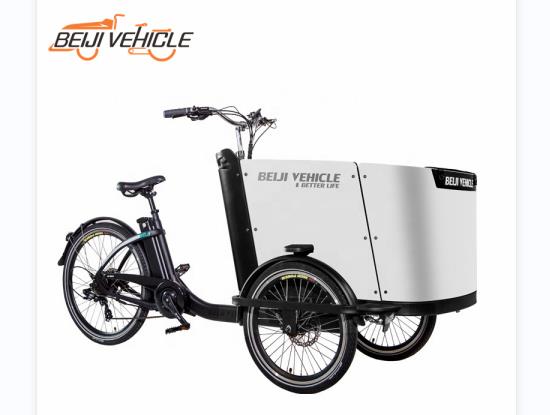EU Plans to Achieve 25% Share of Urban Logistics Delivery with Cargo Bikes by 2030
According to the latest plan by the European Union (EU), cargo bikes will account for 25% of the urban logistics delivery market by 2030. The goal of this plan is to reduce urban traffic congestion and air pollution while improving the efficiency of urban delivery.
The EU's plan has gained broad support from governments and businesses across the region. Countries such as Germany, the Netherlands, Denmark, and Belgium have already taken active measures to promote the use of cargo bikes in urban delivery. Governments and businesses in these countries have invested millions of euros to improve the infrastructure of urban delivery and encourage the use of cargo bikes.
Cargo bikes, as a sustainable and eco-friendly mode of transportation, have great potential to effectively reduce urban traffic congestion and air pollution. Moreover, cargo bikes can play an important role in the last-mile delivery in urban areas, enhancing the efficiency and speed of logistics delivery.
To achieve this plan, the EU will increase investment in urban delivery infrastructure and logistics services, and encourage the use of cargo bikes through tax incentives and subsidies. Additionally, the EU will promote new technologies and innovations, such as electric cargo bikes and smart delivery systems, to enhance the efficiency and sustainability of urban delivery.
Despite facing some challenges, such as insufficient infrastructure and safety concerns, the EU remains confident in the future development of cargo bikes in urban logistics delivery. Through joint efforts, EU member states can achieve a more sustainable and efficient urban delivery, bringing greater convenience and quality to people's lives.





